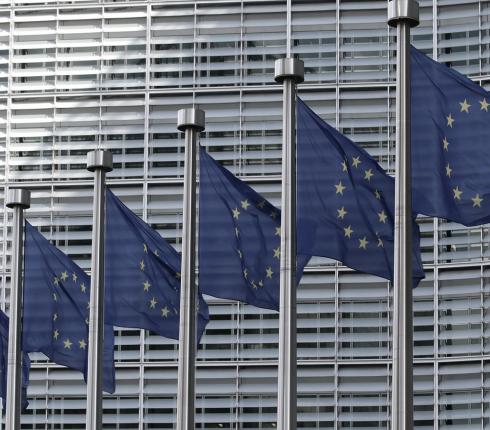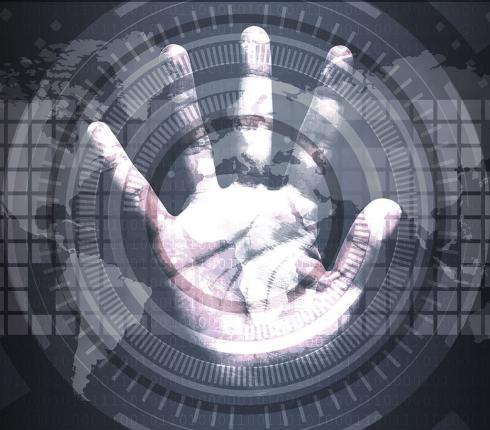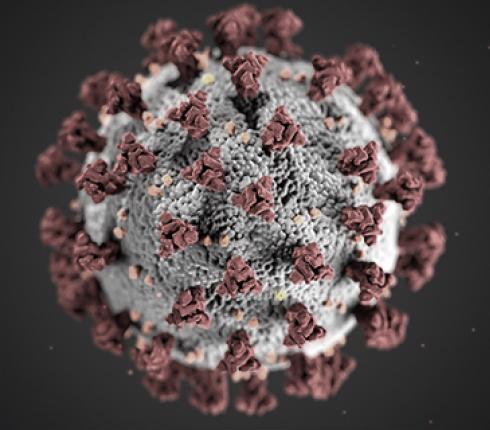The EDPB and EDPS adopt a joint opinion on EU Commission’s proposal for an AI Regulation
The European Commission has presented a draft artificial intelligence (AI Regulation). In this context, the European Data Protection Board (EDPB) and the European Data Protection Supervisor (EDPS) have adopted a joint opinion on the proposal. Among other things, the EDPB and the EDPS call for the use of AI to be banned in several cases that pose extremely high risks to natural persons.

GENERAL REMARKS
The EDPB and the EDPS welcome the fact that the use of AI systems in the EU, including in EU institutions, bodies, or agencies, will now be addressed, but express concern by the exclusion of international cooperation law enforcement from the scope of the proposal.
In addition, the EDPB and the EDPS stress the need to explicitly clarify that existing EU data protection legislation, including the GDPR, applies to all processing of personal data, which will also be covered by the AI Regulation. Also, they call for AI systems to comply with existing EU data protection legislation before the systems can be CE labelled and used in the European market.
CALL FOR A BAN ON THE USE OF AI IN CERTAIN CASES
However, the EDPB and the EDPS call for the use of AI to be banned in a wide range of cases where the use would entail extremely high risks to natural persons. They call for a general ban on any use of AI for automated recognition of human features in publicly accessible spaces, including faces, gait, fingerprints, DNA, voice, keystrokes, or other biometric or behavioural signals.
The EDPB and the EDPS recommend a ban on systems that use biometrics to categorise individuals into clusters based on ethnicity, gender, political or sexual orientation, or other grounds on which discrimination is prohibited.
The EDPB and the EDPS also call for the use of AI systems for social scoring systems and to infer emotions of a natural person to be prohibited, except in very specific cases, such as health purposes, where the recognition of a patient's emotion is important.

































